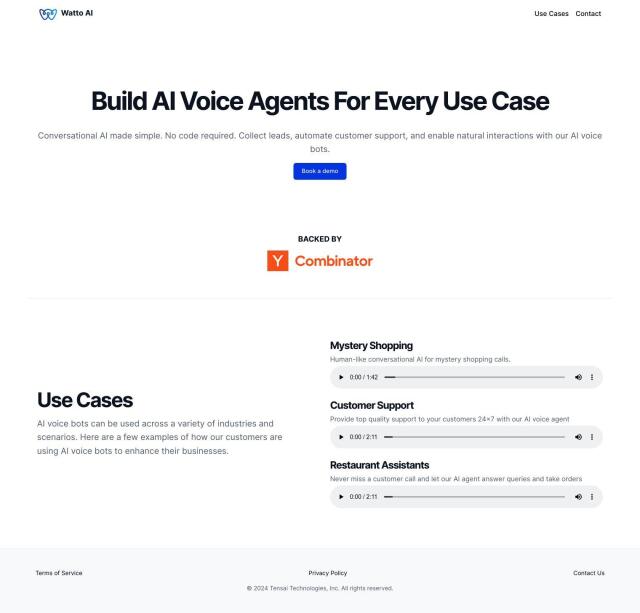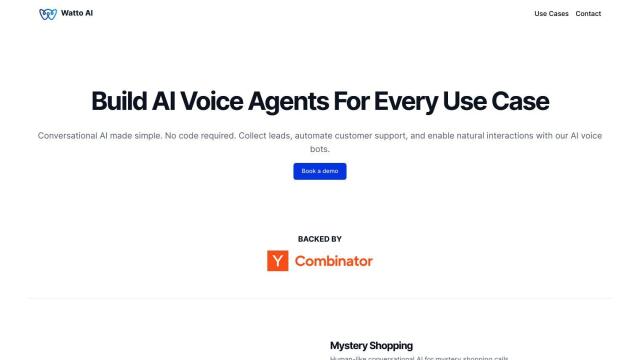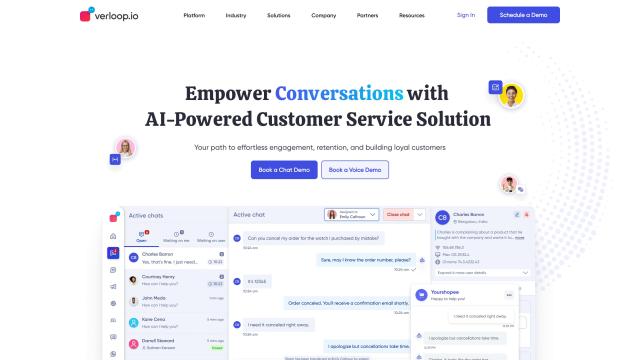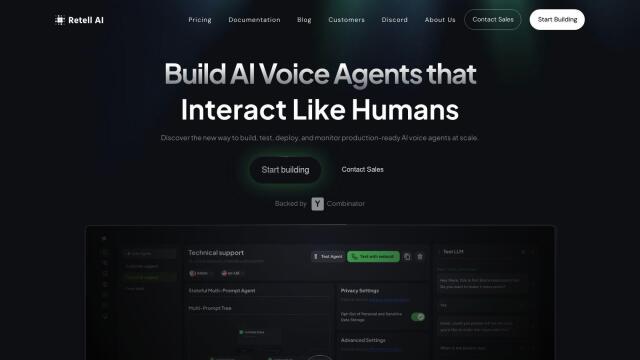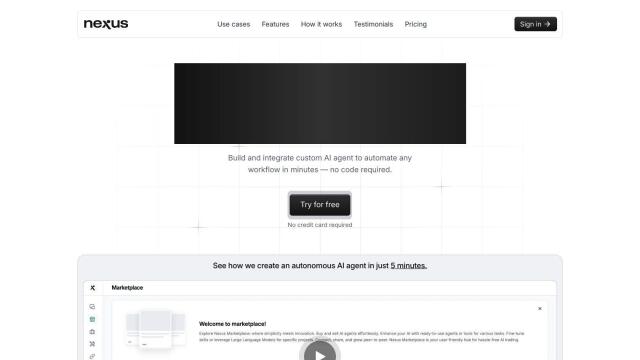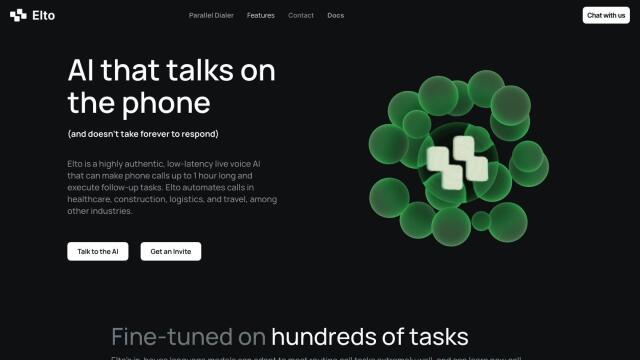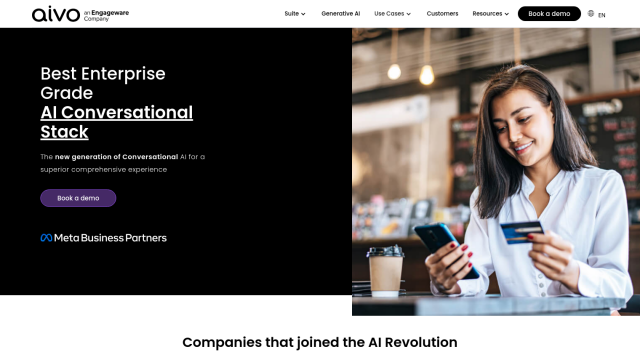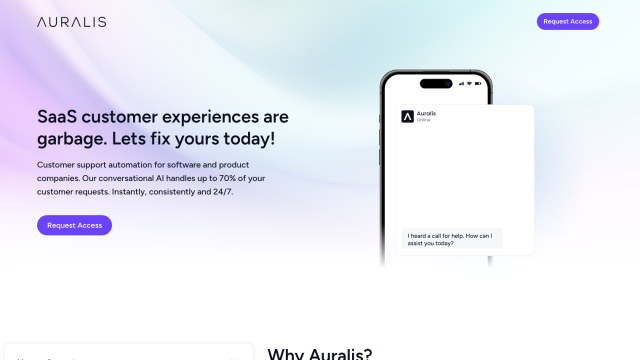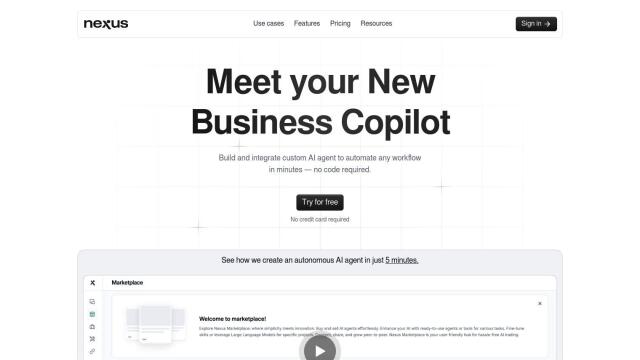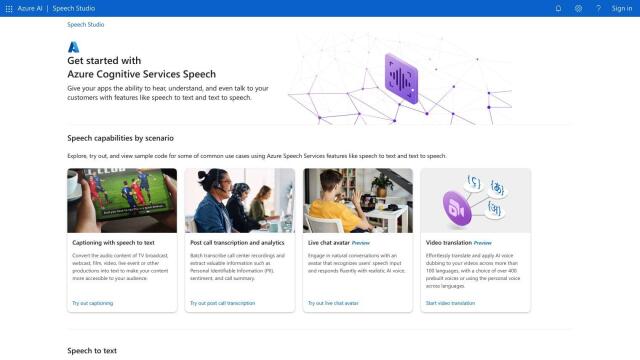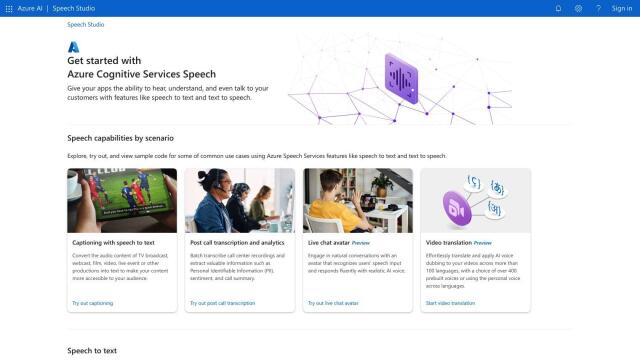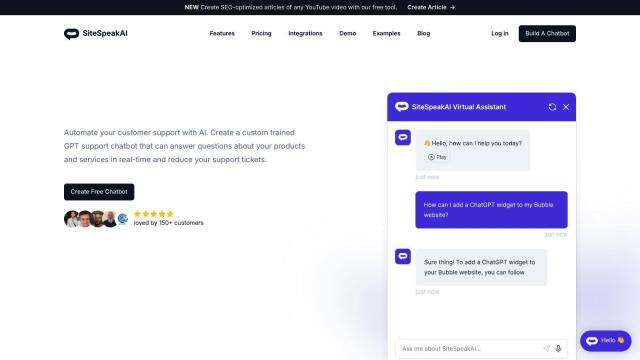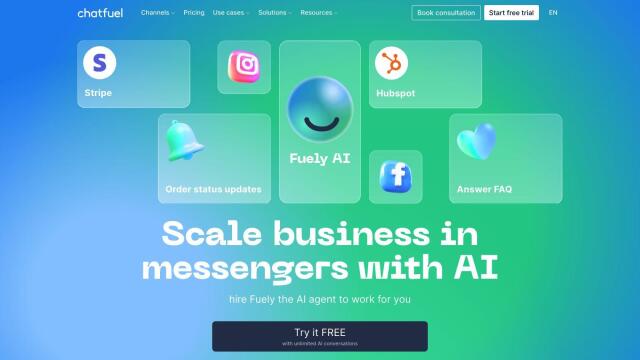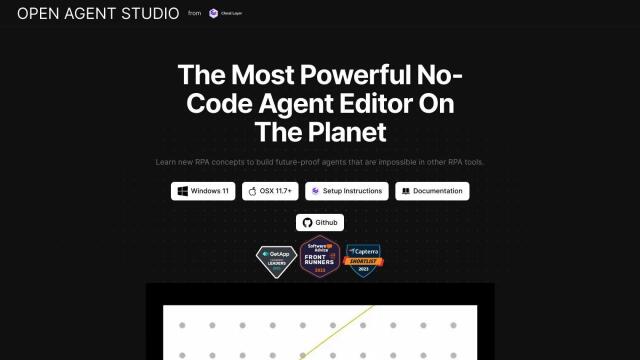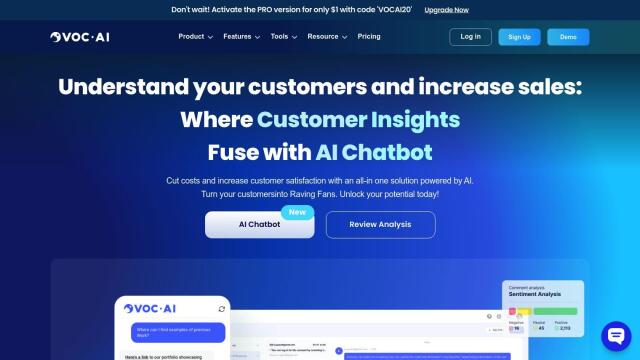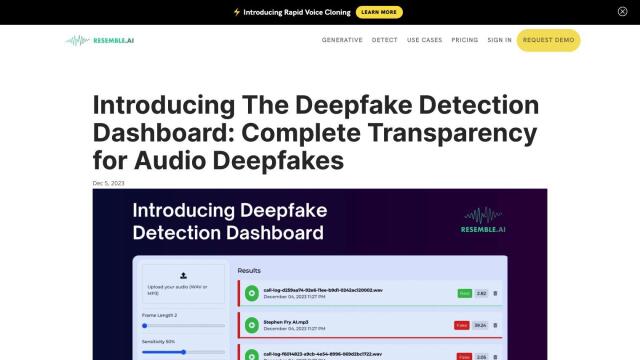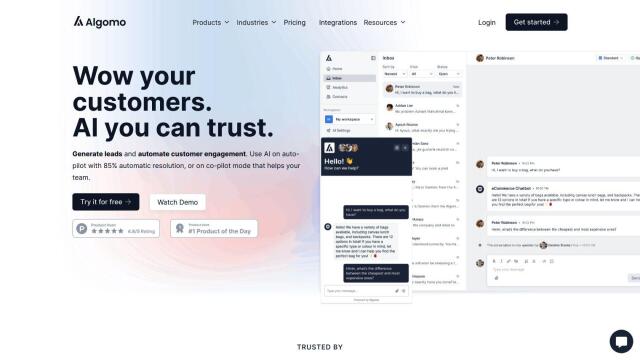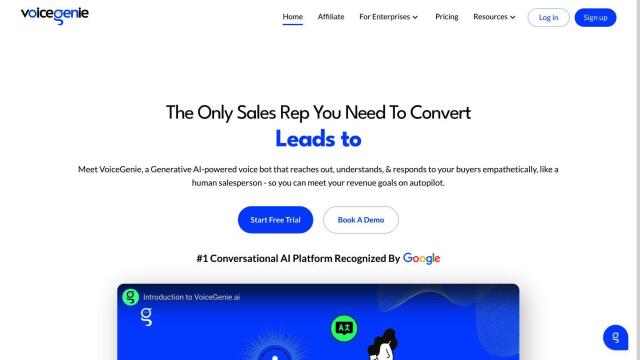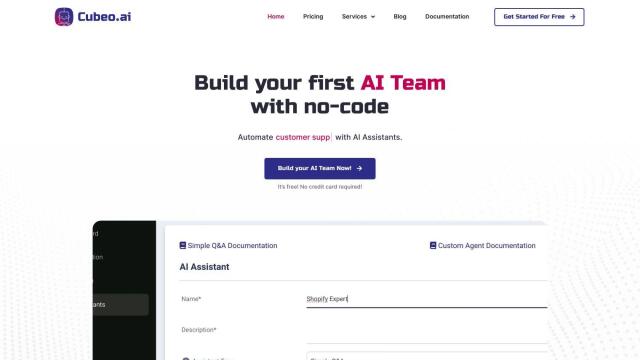Question: Can you recommend a tool that automates the process of creating voice agents for customer service apps?

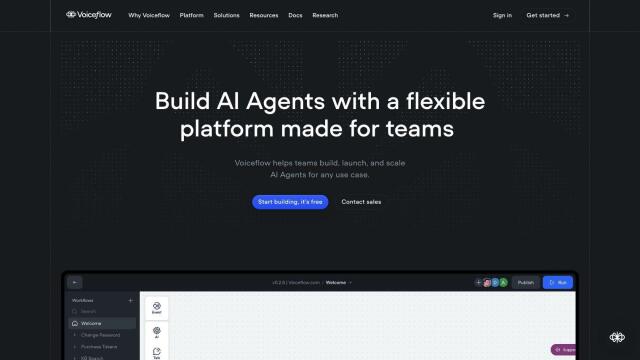
Voiceflow
For building voice agents for customer service apps, Voiceflow is a good option. It's a collaborative platform for building, deploying and scaling chat and voice AI agents. With data import, multi-step workflows, centralized data storage and integration with other services, Voiceflow automates customer support and optimizes conversation design. And it's available on multiple pricing tiers, so it can grow with your business.

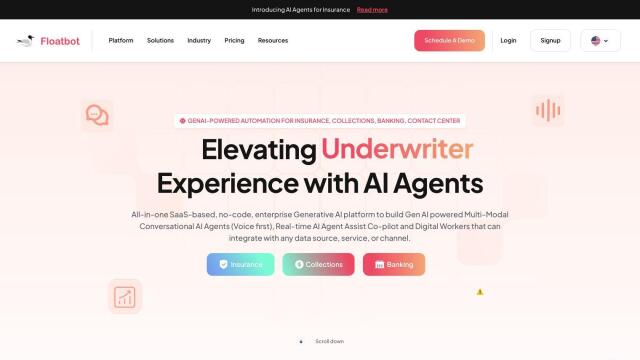
Floatbot
Another powerful option is Floatbot, a no-code/low-code generative and conversational AI platform. Floatbot empowers customer interactions and employee productivity in industries like insurance, banking and BPO. It has tools for automating inbound and outbound calls, real-time transcriptions and multilingual support, which makes it easier to deploy AI voicebots and chatbots. The platform also includes a user-friendly no-code bot studio and a range of AI tools for optimizing customer service.

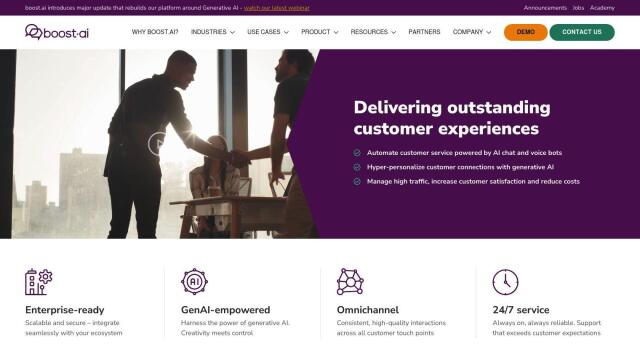
boost.ai
boost.ai is another contender, particularly for enterprises that want to improve customer satisfaction and automate customer service. It uses AI chat and voicebots for personalized interactions, high traffic volumes and high-quality interactions. The platform is designed for easy integration with existing systems and has a hybrid option that combines human and virtual agents, making it a scalable and secure option.
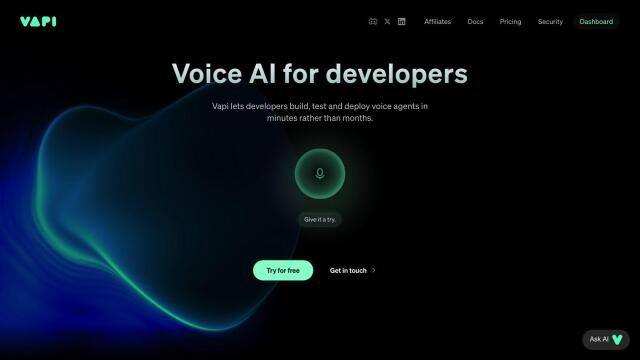
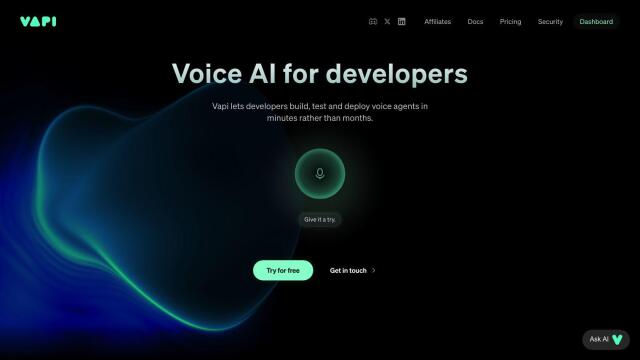
Vapi
And if you want to get development out of the way as quickly as possible, Vapi can help you build and deploy voice agents much faster. It's geared for developers and businesses that want to add voice technology to their apps and services. Vapi can handle a variety of use cases, including voice assistants and customer service apps, so voice technology is more practical and useful.
